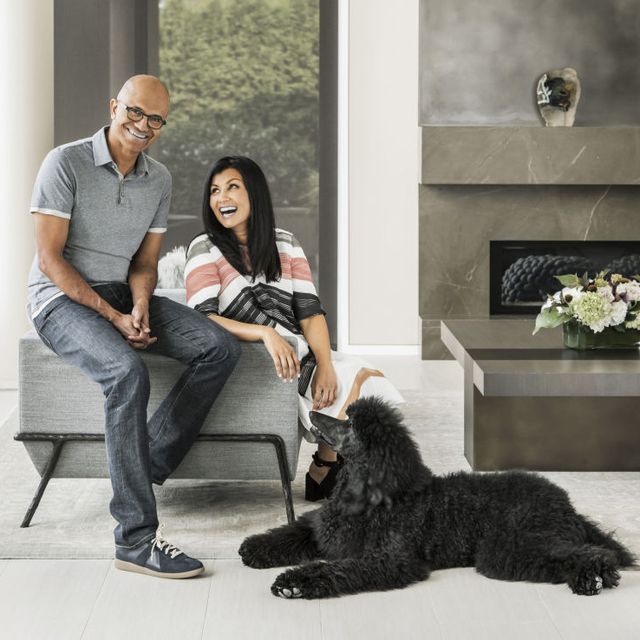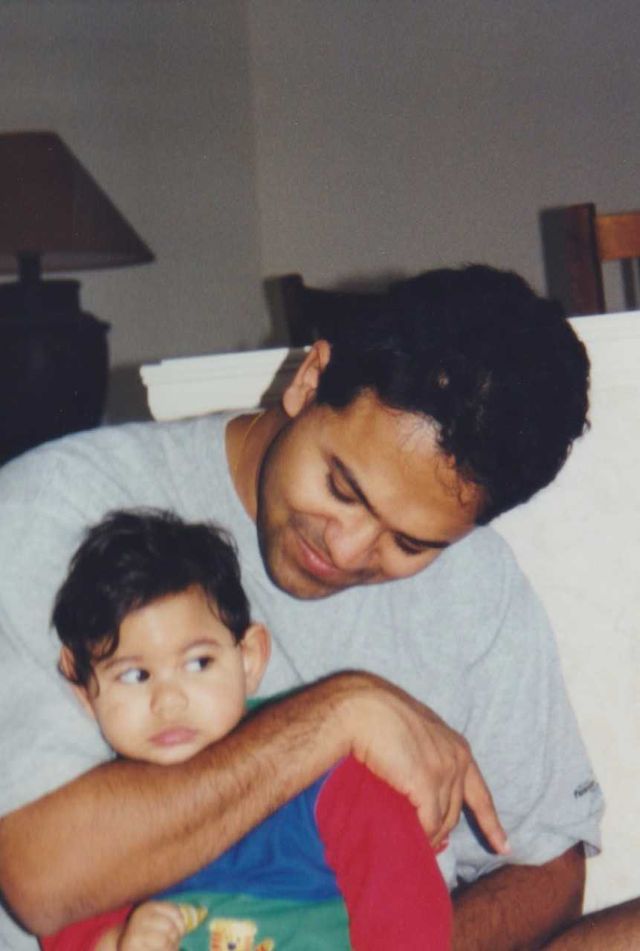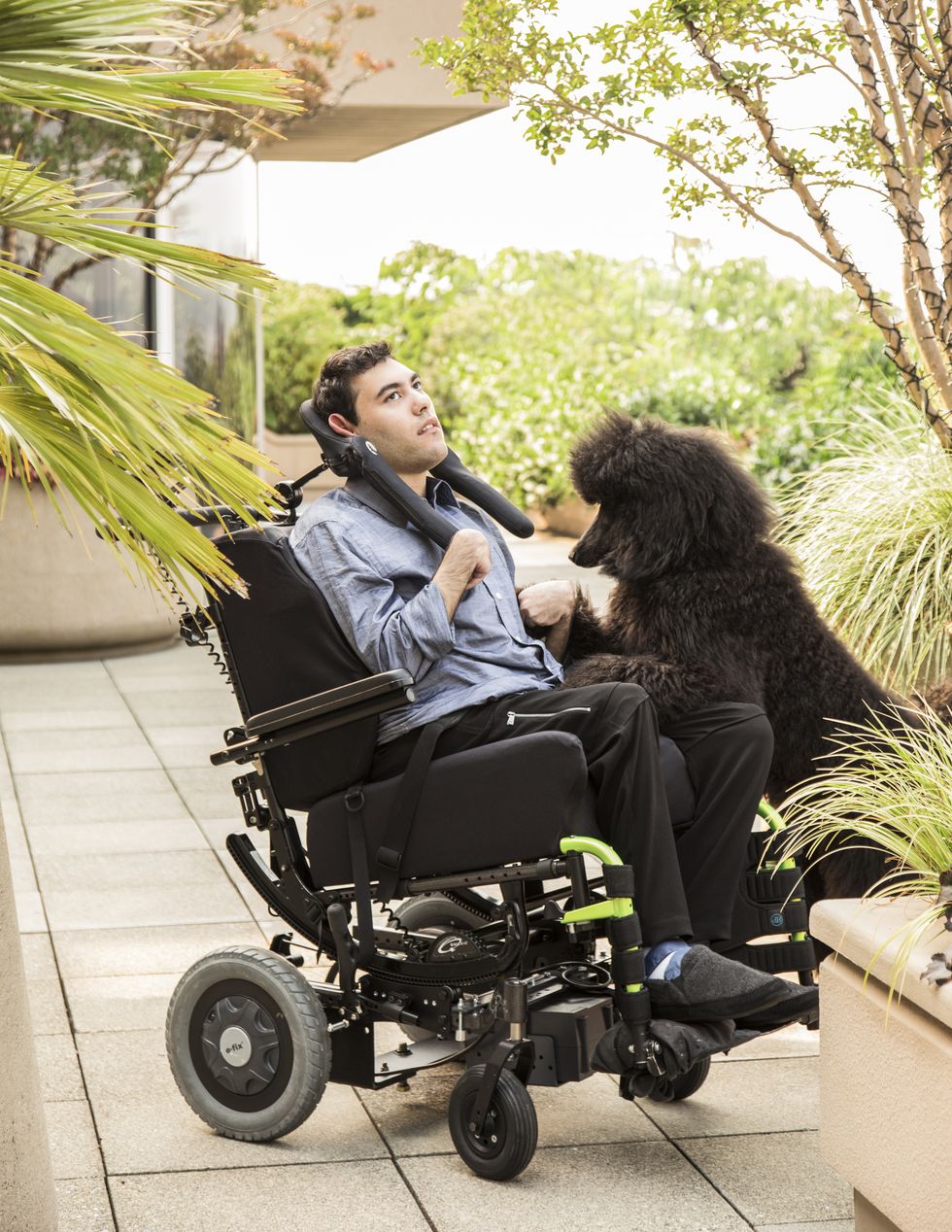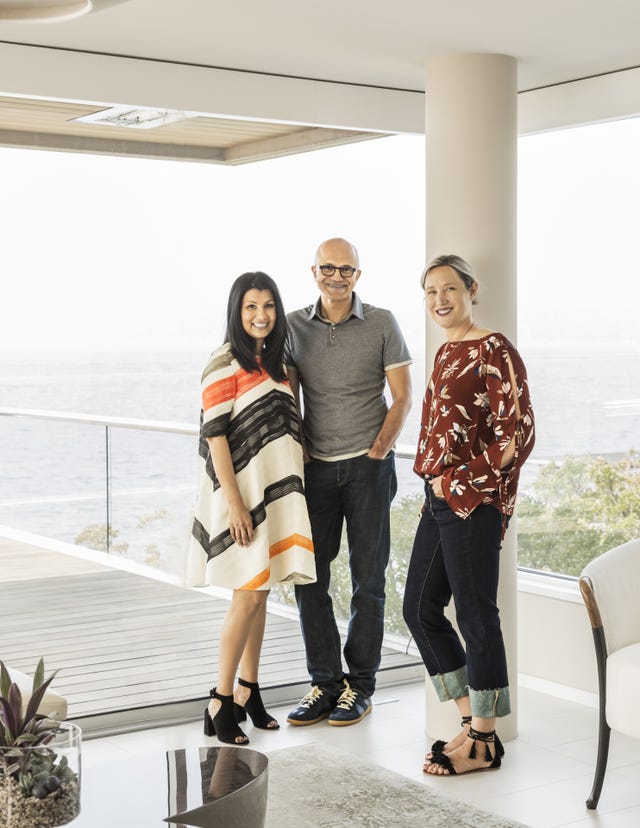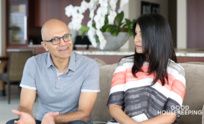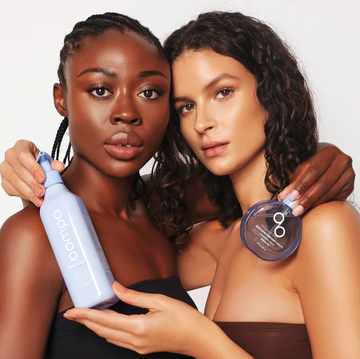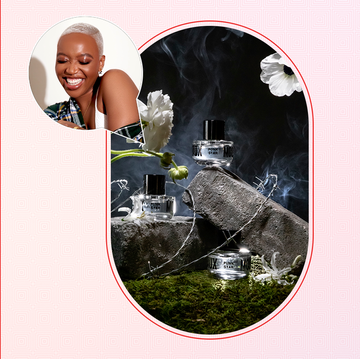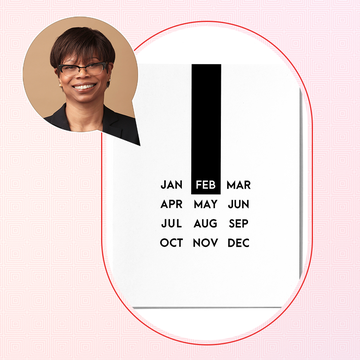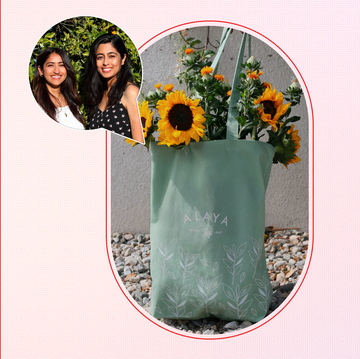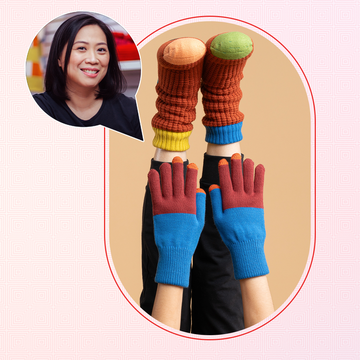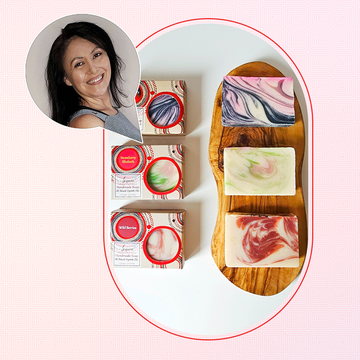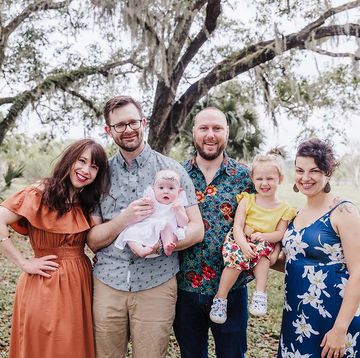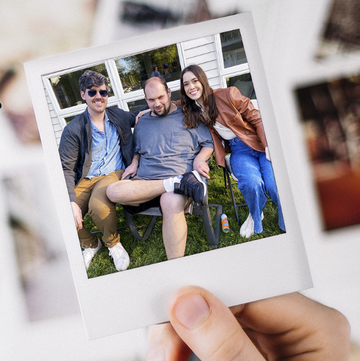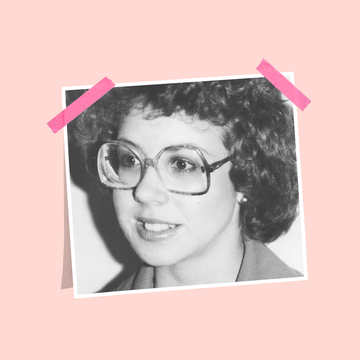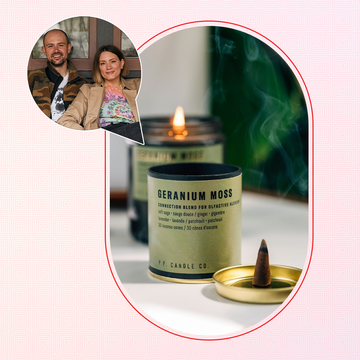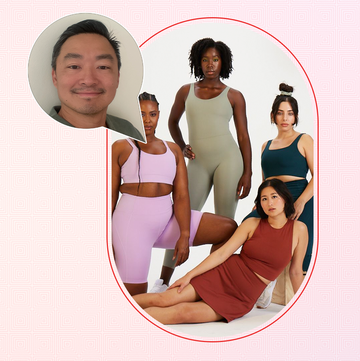It's not every day that the CEO of a major company gives you a call because he wants to talk family-to-family with your readers, but that's exactly what happened when Microsoft chief Satya Nadella contacted Good Housekeeping not long ago — and I jumped at the chance to meet.
After all, he's a father of three who is not only leading one of the most significant technology companies in the world, but navigating device rules and screen time with his kids on the home front too, and I figured he would know better than anyone how to make that work in my own house (and yours) with a minimum of friction.
After an introductory Skype chat with his wife, Anu, we scheduled an interview in their home near Seattle — simple enough, or so it seemed until I got to the airport. After four delays, one cancelled flight and an in-air detour, I finally landed around 2 a.m. — minus my luggage, which apparently had never left New York. Perfect.
At 7 a.m., I raced to Target, grabbed clean clothes and made it to their house late for our interview and worried I wasn't exactly making the best impression. But when the front door opened, all my anxiety dissolved. Anu and Satya welcomed me with a warm, neighborly embrace, offering me coffee and looking for all the world like any other friendly family down the street. And that's really who they are.
"We have extreme controlled chaos in our house," Anu, 45, told me, referring to the constant motion of children, a dog and a parade of people going in and out of their hilltop home overlooking a large lake. As the wife of the CEO of Microsoft, Anu is skilled at juggling demands, raising their three kids — including a son with special needs — as typically as possible while her husband is steering the rest of us straight into the next industrial revolution, frequently described as a time in which machine intelligence will rival that of people.
But as Satya, 50, says in his inspiring new book, Hit Refresh, that revolution is about more than just designing new apps.
"At its core, it's about humans and the unique quality we call empathy, which will become ever more valuable in a world where the torrent of technology will disrupt the status quo like never before," he says. In other words, technology is nothing without the soft touch of humanity.
As we talked, I learned that Satya's deeply empathetic nature owes much to his eldest child, Zain, 21, who is severely disabled. He was born weighing just three pounds, having suffered asphyxiation in utero; as a result, he is visually impaired, has limited communication and is quadriplegic. (For Anu's story of Zain's birth, go here.)
Two daughters followed. Before long, it was clear that one had learning differences beyond what local schools could successfully cope with. Anu found the answer in the Eaton Arrowsmith Academy in Vancouver, which focuses on the neuroplasticity of the brain — essentially training the brain to function at a new level. Anu shuttled their daughter back and forth for five years and played a role in the establishment of the Eaton Arrowsmith Academy in Redmond, Washington.
Through it all, Satya rose steadily at Microsoft, a company that was beginning to sag under bureaucracy and infighting. In February 2014, he was tapped to be its CEO, and he ignited a fresh growth mentality emphasizing pushing oneself to look at things in new, often empathetic ways.
"After Zain, things started to change for me," Satya says. "It has had a profound impact on how I think, lead and relate to people." His wish: that we'll all feel empowered to create our own change at home and at work, one empathetic step at a time — starting with the happy-life lessons he and Anu have learned over the years.
Anu and Satya Talk Candidly With Jane Francisco, Good Housekeeping's Editor-in-Chief
"My childhood was full of joy," says Satya, who was raised in India and moved to the United States in 1988 to get his master's degree in computer science. "My parents created an environment where they let me set my own pace and pursue what I wanted. It's important to focus on what [our kids] need to thrive." Take note, Tiger Moms!
"I'm the IT administrator of our family," says Satya. The Nadellas set limits on screen time for their kids and also on what sites the children can go to. "We get reports on what they've been doing on their computers, and they know that," says Satya. "So it's very transparent." Adds Anu,"Technology for entertainment is always going to be a negotiation in our house. How many movies, what kinds of video games."
"Technology kept Zain alive," says Anu. "It means more than just something to waste time on." It also gives him more control in his life now: For instance, with a light tap of his head on a sensor, he can choose his own music. And Microsoft's new app, Seeing AI, helps people with visual impairment. "They can hold up their phone and it'll 'see' people — interpret their emotions, interpret a menu," says Satya. "[You can] cook with a recipe, go grocery shopping, read labels or walk into a conference room with confidence."
"We both think children should have dogs," says Anu. "There is a different sense of companionship and responsibility that comes with it — that emotional sense that there is a being waiting for you to come back." Their puppy, Winston, almost a year old, is more than a family pet: He provides important emotional support for Zain. "It was impossible for us to think about getting him before, given everything else going on in our lives," says Satya. "It's been such a joy."
"When Satya steps in the house, Dad's home," says Anu. "And Dad does homework with the kids, sits with us at the table. When we go to public places, he's recognized, and the girls see that, but has it affected their everyday peace? I don't think so. Our private lives are pretty private."
"I like to amplify people's strengths," says Satya. Whether you're at work or with your family, don't hog the conversation or do the opposite — sit back and listen without contributing. Instead, do what you can to create an environment where everybody present can speak so that everyone's thoughts come through. You'll generate better, more diversely sourced ideas.
"I own my mistakes." As Satya tells it, he blew part of his first interview at Microsoft. The problem: He flunked a short empathy test. But he's learned since then. "Anu has deeply taught me something, through all of what's happened with Zain — how to forgive myself. None of us is perfect; none of us will be perfect. Once you come to that deeper realization, you don't judge as quickly, you listen better and you can amplify people's strengths versus focusing on their weaknesses. I think my road to empathy has been possible because of my ability to confront my own mistakes and shortcomings."
"I look for opportunities to refresh." On Satya's rise at Microsoft: "People ask me if I had this planned out," Satya says. "No, I didn't. But one thing I was good at was giving my all to any opportunity or mistake. I'd learn from the mistake or use the opportunity to maximum impact. Most of the kids coming out of India are top of their class and academically fantastic. I was none of that. But because I continually push myself, it led to this growth mindset. I'm wired to look for opportunities to refresh, and I think that pretty much frames how I approach life. You can't suddenly wake up one day and hit refresh if you haven't been practicing it all along."
WATCH: Satya and Anu take you behind the scenes of their day with Good Housekeeping:
Read more in Satya's book! His memoir, Hit Refresh, is an insider look at Microsoft's culture and more: the honest struggle of a father grappling with a family he never expected but cherishes.
This story originally appeared in the November 2017 issue of Good Housekeeping.
